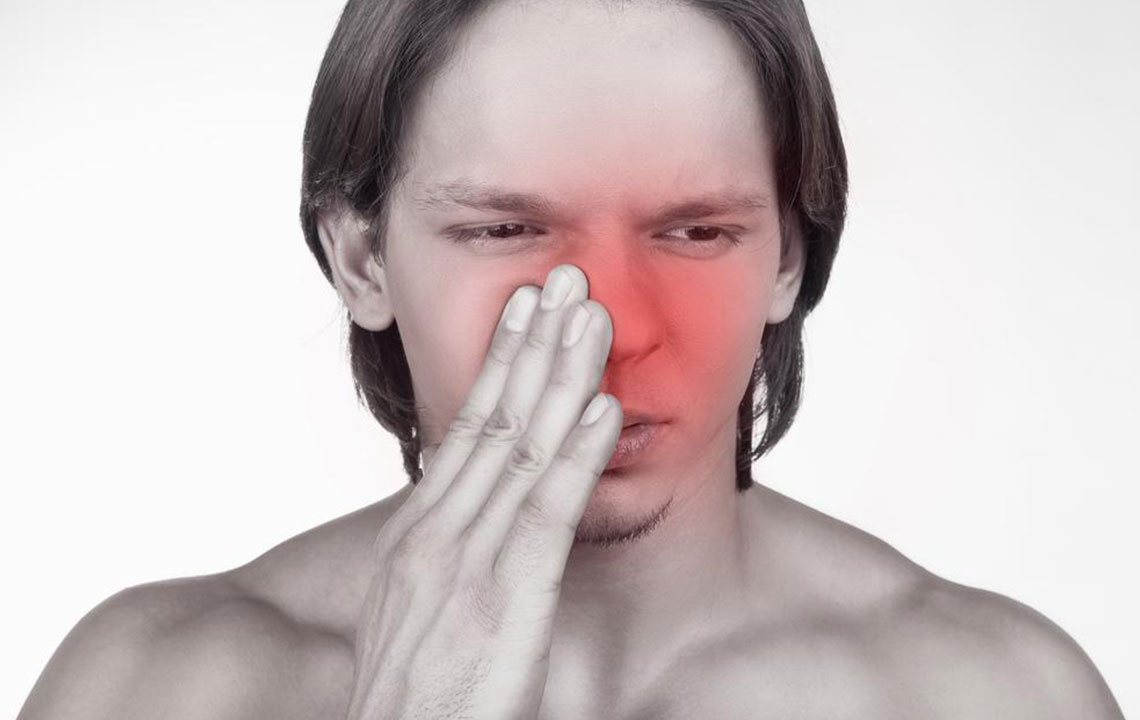Effective Strategies to Relieve Persistent Dry Cough
Discover effective natural remedies and lifestyle tips to relieve persistent dry cough. Learn how honey, ginger, clove, basil, steam inhalation, quitting smoking, and avoiding pollution can help soothe your throat and reduce coughing. When symptoms persist, consult your healthcare provider for professional advice.

Effective Strategies to Relieve Persistent Dry Cough
A persistent dry cough can be highly bothersome, affecting daily activities and disrupting comfort. It becomes especially problematic in social and professional settings, making conversation difficult and causing discomfort for both you and those around you. Various factors like allergies, environmental pollution, dry indoor air, throat irritation, or smoking can trigger a dry cough. This type of cough results from the absence of mucus, creating a tickling sensation that leads to incessant coughing and throat burning.
Fortunately, natural remedies can help soothe your throat and reduce the severity of this persistent issue. Simple home treatments often provide quick relief and support recovery.
Honey is one of the most effective natural remedies for a dry cough. It coats and soothes inflamed mucous membranes, providing immediate relief. Taking a spoonful of honey several times a day or before bed can help reduce irritation and promote restful sleep. Ginger, another potent remedy, can be prepared by extracting fresh juice and mixing it with honey and lemon in tea, offering relief for sore throats and coughs. Clove, either chewed slowly or brewed into tea with honey and ginger, alleviates dry coughing. Basil, a traditional remedy in Eastern medicine, can be used as tea or juice combined with honey, ginger, black pepper, and other herbs for quick improvement. Inhaling steam, especially with added essential oils like eucalyptus or tea tree oil, loosens mucus and provides instant comfort. Quitting smoking and avoiding polluted environments are crucial, as smoke and pollutants exacerbate dry cough symptoms. Wearing pollution masks offers additional protection from airborne irritants. For persistent symptoms, consulting a healthcare professional is recommended.










